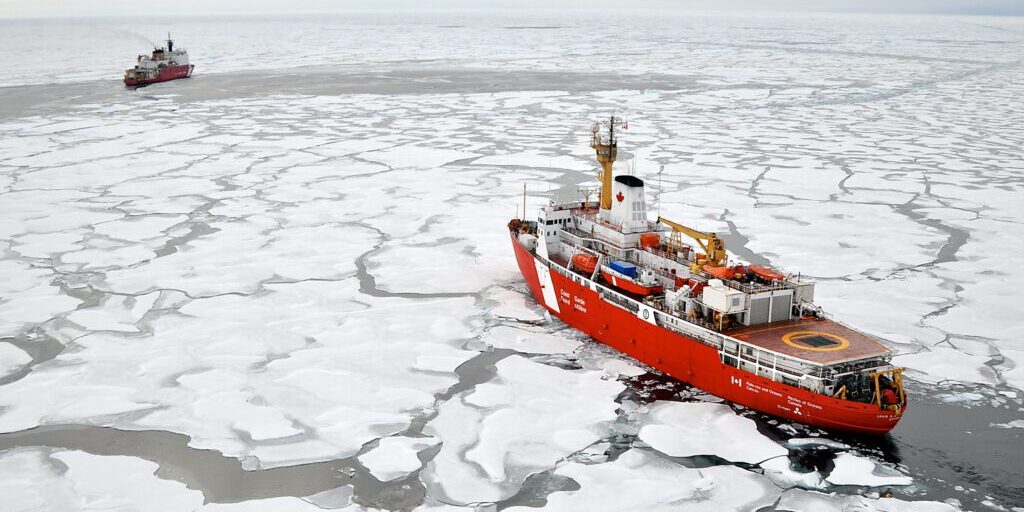Nome city officials are optimistic about new legislation that would enact a federal advisory commission to study shipping in the Arctic. But other Nome entities are calling for the Arctic legislation to do more to address several changes happening in the region, not just changes in shipping traffic.
Nome Port Director Joy Baker sees the proposed legislation as proof that the Arctic is no longer somewhere “out of sight and out mind” for legislators in Washington.
“It has to be on the table in front of them on a regular basis. And I think they do that through the establishing of these high-level committees.”
The bill, sponsored by Senator Lisa Murkowski, is called the “Arctic Shipping Federal Advisory Committee Act” and would create a 15- member committee that would advise the Secretary of Transportation on Arctic seaway development. This includes policy on shipping routes and infrastructure needs like deep-water ports.
But Kawerak says the act needs to be strengthened, and its current purpose is too broad. Kawerak President Melanie Bahnke wrote in a press release Friday that Arctic maritime issues are too numerous and complicated to be handled by one committee. The letter summarizes a variety of issues ranging from ballast water to marine biodiversity and then notes that all of those are made more complicated by climate change.
Kawerak suggests that multiple committees be created by the Arctic Shipping Federal Advisory Committee Act, to work to strengthen existing legislation and to include more Indigenous representation. The act as it is currently written, would also potentially terminate its work in 8 years and Kawerak says that isn’t long enough.
Earlier this month on December 11th, Senator Murkowski wrote in her press release that this bill would help the United States maintain global leadership amongst countries like Russia and China who are increasingly interested in Arctic shipping routes created by the retreat of sea-ice.
Port Director Baker thinks it’s positive news for Nome’s deep-draft port expansion project, which she says is not just a benefit for Nome but for the nation.
“All of these types of things that Congress works on for the Arctic get us a little bit closer to building the project as they identify the importance and the critical need for resupplying and refueling the vessels that need to operate in the Arctic which are growing in numbers.”
Nome’s Mayor Richard Beneville supports the framework of the bill and hopes that it will be a foundation to “secure America’s Arctic”. Beneville has been critical that the United States isn’t keeping up with other Arctic nations as climate change demands for different infrastructure.
“Time costs prestige. And we need to be on the forefront.”
The legislation cleared the Senate Commerce Committee on December 11th and next goes to the Senate floor.
Image at top: The Canadian Coast Guard Ship Louis S. St-Laurent makes an approach to the Coast Guard Cutter Healy in the Arctic Ocean. Photo from Patrick Kelley, U.S. Coast Guard, used with permission.




